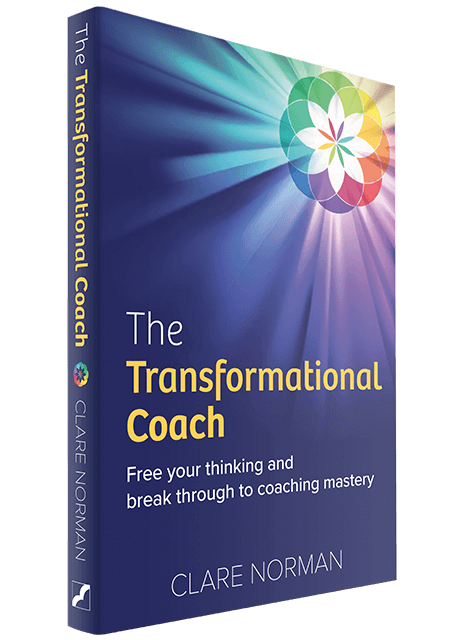 I’m pondering the Return on Humanity that coaching has.
I’m pondering the Return on Humanity that coaching has.
When I left Accenture, one of my colleagues described me as the voice of humanity. I think that was because I banged on about people creating profits, so if an organisation starts by creating a great employee experience for those people, then the profits will fall into place.
That explains why I had a reaction the other day to talk of Return on Investment for coaching. Now of course I believe that coaching needs to be effective for the business as well as for the individual, and yes it would be great if we could measure that return financially. But as Anthony Grant argues, it’s a really inexact formula -and indeed there is not one single formula that can be compared across the board.
I do also hear Peter Hawkins’ voice echoing in my ear, that coaching within organisations is not employee assistance. When done properly, with a three or four way contract, it ensures that both the individual AND the organisation get what they need from the coaching.
Yet we work with the indivdual. And it is all about enabling the individual to flourish and thrive in the context they choose to live and work in. That flourishing will naturally lead to better results for all, including financial returns, however immeasurable, but it starts with the individual; and it ends with their impact on society.
At the individual level, Anthony Grant talks about measuring the return on wellness and engagement, as those lead to profit later. There’s such humanity in that. So I’m asking myself, how do we measure a Return on Humanity? Grant has some ideas, to use the Positie and Negative Affect Scale (Watson, Clark and Teelgan, 1988) and the 12-item Gallup Q12, but I feel like we’re missing something. What’s missing?
Maybe something about the ripple effect that the individual then has on society? How do we measure that?
I’d welcome your thoughts, as I don’t have the answer, yet.





I can certainly see the dilemma you raise in your blog. What are the meaningful outcomes of any psychological intervention, and, as you mention, with ripple effects, it becomes difficult to determine the causal relationships between one intervention and the, potentially broad, impact it has.
I suspect that there are some cases where it is relatively straight forward to provide a ROI – the worked example provided, being such an example (from my brief glance, it suggested an intervention where the manager was doing the tasks which should be undertaken by members of her team, the intervention coached her to, amongst other things, successfully delegate). Whether calculation really gives a financial ROI could be open to questions, but I would guess that this would be the minimum return, as someone who is able to make such changes may take the insights and skills they have gleaned in other directions. In my experience of working psychologically, people are complex, changes, some hard won, are multi-faceted, and the impact of some changes are easier to determine than others (I know I am stating the blindingly obvious here!).
On the other side, making the business case for coaching interventions may be challenging, especially when resources are scarce, being able to indicate ROI may be persuasive for some. My hunch would be that this would be more persuasive for those who do not see the complexity of the human condition, dare I say, those who have less abundant emotional intelligence (I am aware that I say this at the risk of appearing judgemental).
So … these are my preliminary thoughts in response to yours – another work in progress – and I would certainly be interested to discuss further!
Yes, I think the benefit of being able to work out the ROI is definitely in being able to sell further coaching; if you trust the numbers. Thanks for joining the discussion Amanda.